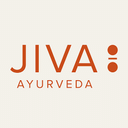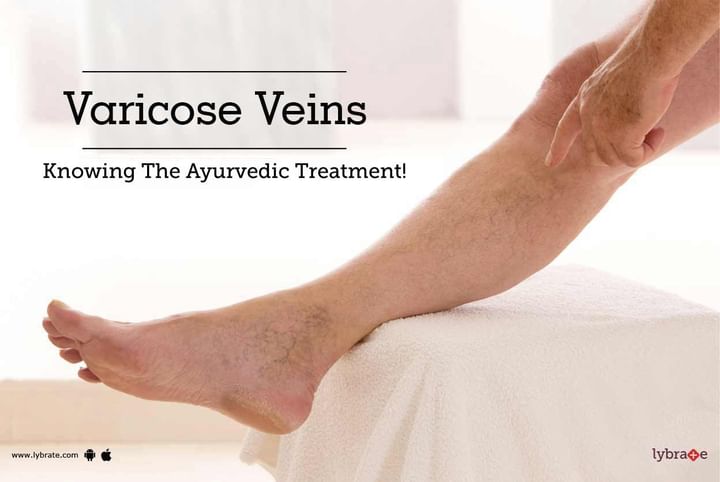Varicose Veins - Knowing The Ayurvedic Treatment!
Varicose Veins is a severe medical condition whereby the veins (mostly legs) become swollen, tortuous and dilated, i.e. the veins become varicosed. The Venous blood flows in an upward direction from the feet to the heart. There are special valves present in the veins that assist the upward flow of the blood.
Fatigue, prolonged standing, menopause and a number of other factors can weaken the valves. This affects the movement of the blood flow. As a result, some of it leaks and flows back down. The affected veins turn bluish-brown, red or blue. There also occurs dryness, leading to unbearable itching. Redness or the Red Leg syndrome is very common in case of Varicose Veins.
A number of surgical and non-surgical options are available for Varicose Veins. The Ayurvedic treatment, with its effectiveness and negligible or zero side effects, is the most sought after option.
Identifying the root cause
Accurate diagnosis is very important for effective treatment. According to Ayurveda, an imbalance of the Vata (wind and space) plays a pivotal role in Varicose Veins. The role of Rakhta (blood) and Pitta (heat) cannot be neglected either. Thus, restoring the Vata balance becomes a very important part of the treatment.
The Vata balance can be easily restored by following a healthy lifestyle and having an equally healthy and nutritious diet:
- Citrus fruit like Amla works miraculously to revitalise the fatigued and Varicosed vein.
- Include fresh fruits, whole grains (oats, millets to name a few) and proteins (milk, eggs, fish and chicken) in your diet. Drink plenty of water.
- Red meat and spicy foods should be strictly avoided.
- Garlic, onion and ginger are very beneficial. Consume them regularly.
- Do not indulge in rigorous exercise or walking. Never soak your feet in cold water after exercise. It can prove to be detrimental for Varicose Veins.
- Do not compromise on your sleep. A rejuvenated body and a relaxed mind can enhance the healing process greatly.
Ayurvedic medicines and herbs for treating Varicose Veins
A number of Ayurvedic medicines are available that treats Varicose Veins very effectively:
- Kaishora guggulu: Being a natural cleanser of blood, Kaishora guggulu is an obvious choice for Varicose Veins.
- Sarivadyasava: It goes a long way to detoxify the blood naturally.
- Chirabilvadi kashaya: It is very effective in case of haemorrhoids.
Sahacharadi: It is amazing herbal oil that provides great relief. Tender application of Sahacharadi over the varicosed vein/ veins can work wonders.
Herbs like Ashwagandha, Shatavari, Brhami go a long way to restore the Vata balance.
Do not lose sleep over Varicose Veins. The best and most effective Ayurvedic Treatment is just a click away.
PCOD or Polycystic Ovary disease is one of the most common hormonal disorders faced by women today. The trigger for PCOD varies from person to person, and can range from poor diet and stress to fluctuating insulin and hormonal disturbances. PCOD patients have an enlarged ovary with a number of small follicular cysts. If you or a loved one has PCOD, here are a few things you should know.
Acknowledge the symptoms
PCOD is hard to diagnose. Some of its symptoms are irregular periods, high insulin levels, abnormal hair growth, low thyroid, acne, obesity and high blood pressure. Checkups at regular intervals are needed to confirm a PCOD diagnosis.
A change in lifestyle is the best form of medication
Medication for PCOD addresses its symptoms. For example, you could take medication to correct Insulin resistance or pills to control acne and hair growth. However, a lifestyle change in the form of a well balanced diet and regular exercise is essential for PCOD patients. In terms of diet, PCOD sufferers should have lesser carbohydrates and sugars, and increased amounts of fiber and protein. Exercise helps control weight and the balance between male and female hormones. PCOD patients also need to find ways to lower their stress levels. Yoga and meditation can be very helpful to this effect. Without this, no medication will be effective.
If left untreated PCOD can lead to many other problems
Diagnosing PCOD is difficult and even when diagnosed, regular checkups are essential for PCOD. When left unchecked, PCOD can lead to many more problems such as diabetes, high cholesterol, high blood pressure and even endometrial cancer. PCOD can also result in difficulties at the time of conception and lead to miscarriages if not treated properly.
You can have a baby even if you have PCOD
A PCOD diagnosis can make it hard to get pregnant, but does not limit your ability to conceive a healthy baby. If the patient has fertility problems because of PCOD, doctors often prescribe treatments to stimulate the ovaries into producing more eggs. Women with PCOD are often recommended to plan an early pregnancy, as advancing age adds to the limited capacity of the ovaries.
Lastly, know that you aren't alone and PCOD should not embarrass you. Instead of bottling up your feelings and thoughts, find supportive friends and family members that you can talk to. You can also find support online through a number of discussion forums.



+1.svg)
